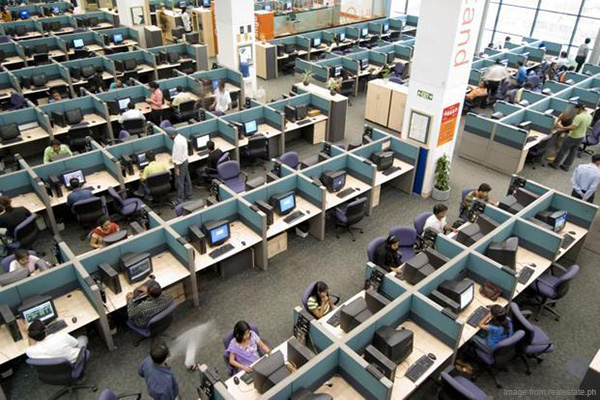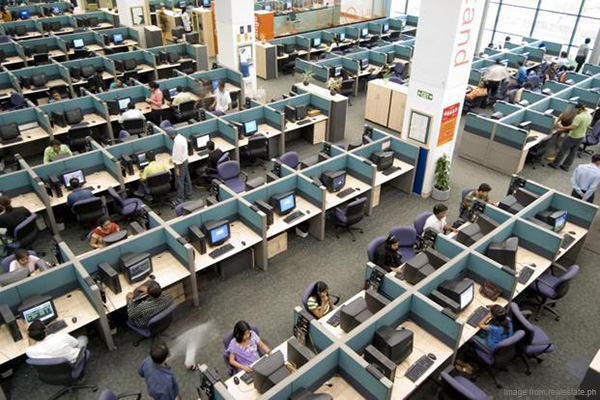‘Weaker peso boosts BPOs’ competitiveness’

Date:
March 24, 2017
The weakening of the peso will allow the Philippines’s business-process outsourcing (BPO) sector to be more competitive in terms of cost, but industry executives said they prefer stability in currency movements.
During the Contact Center Association of the Philippines’s (CCAP) first quarterly press briefing on Thursday, industry executives said a weaker peso has allowed the Philippines to inch closer to India in terms of cost-efficiency.
“The Philippines is more costly than India. A big factor of that is the currency exchange. Five years ago, [India’s] currency weakened to 60 rupees to the dollar level. Then the peso strengthened and hit the 40 to the dollar level,” CCAP Chairman Benedict Hernandez said.
“The Philippine peso has hit the 50 level, that’s not big a gap but there’s still a huge difference, so we’re still significantly more expensive than India,” Hernandez added.
Since President Duterte assumed office, the peso has weakened following the decision of the US Fed to hike interest rates and the President’s pronouncements that he will cut ties with the US, which spooked investors.
The weakening of the peso, however, is a boon for all export-oriented businesses, like BPOs, whose earnings are dollar-denominated.
CCAP President Jojo Uligan declined to disclose their windfall from the depreciation of the peso. But he said this has allowed Philippine BPOs to offer better rates.
Despite the advantages presented by a weaker peso, Hernandez said call centers, in general, want stability in the movement of the local currency for “predictability.”
“For us [a weaker peso has been a positive thing, but we don’t want it every year behaving differently. For our business planning, an erratic currency is more challenging,” he said.
As for US President Donald J. Trump’s protectionist stance, industry executives remain unfazed, as this has not yet made an impact on their industry.
“We have not really seen material impact in the way our clients interact with us. We’re not focused on policy changes, but what’s important for us is to provide value-added [services] to our clients,” Hernandez said.
According to Uligan, the contact center sub-sector of the BPO industry still relies heavily on the US market—70 percent of the demand for outsourced work in that sub-sector is still from North America, and the same can be said for the information technology and the health-care subsectors.
The Philippine BPO industry is expected to earn $39 billion by 2020, and employ 1.9 million workers. Last year the sector earned $25 billion, and employed 1.2 million workers.
Photo from realestate.ph
Source: http://www.businessmirror.com.ph/weaker-peso-boosts-bpos-competitiveness















